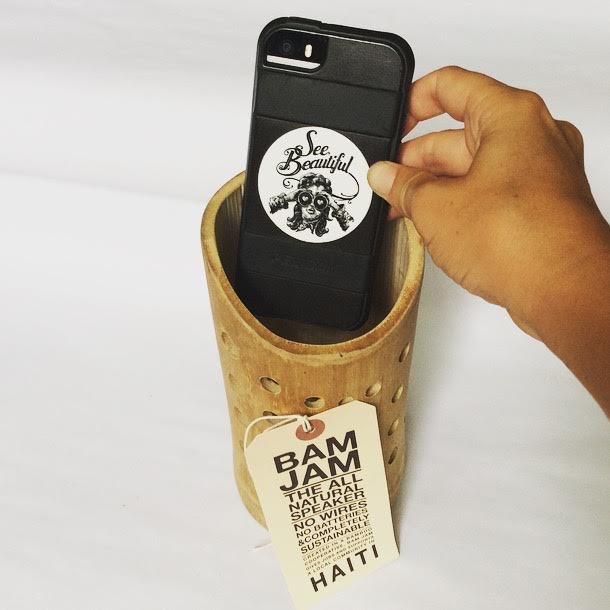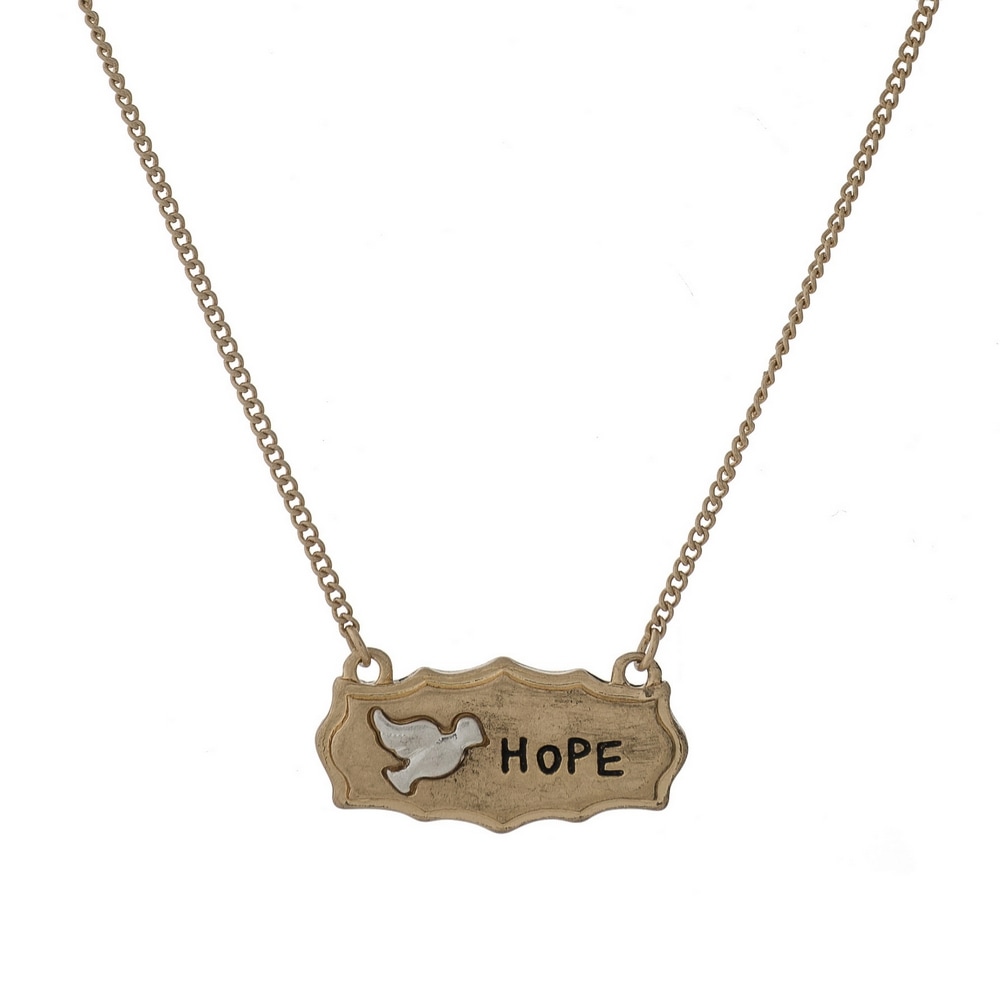|
The feature below is brought to you by Development in Gardening, an organization that is in the running to receive a See Beautiful Grant. For more information about all of our giving initiatives, please click here. To learn more about DIG, please visit their website page: here. Planting seeds of beauty.In a time when the news and the world challenge us to find hope, a garden reminds us to believe in the beauty and abundance that is promised to come. Audrey Hepburn once said, “To plant a garden is to believe in tomorrow.” When committed to some of the world’s most broken stories in some of the world’s darkest places, this belief in the abundance of tomorrow is life giving. Like the magic intrinsic in a seed, DIG remains rooted in hope. We believe that food and how it’s cultivated is a place where we can all come together to have a collective impact. And, while we all have a role to play in ensuring a more just food system, DIG has prioritized vulnerable communities who are often left behind by a development model they can’t access on their own. Addressing the nutritional needs of the ultra-poor, the physically disabled, the elderly, people living with HIV, chronically malnourished children and refugees, we are committed to serving the margins. Communities often found on the bottom of the bottom of the pyramid, the ones overlooked because affecting change here is hard. Alongside these unique communities, DIG grows beautiful by designing gardens that improve livelihoods, nutrition and deepens their sense of community belonging. There is, perhaps, no community where our intimate approach is more necessary than in our work with the Batwa of Southwest Uganda. For generations the Batwa, derogatorily referred to as the pygmies, lived as hunters and gatherers in the equatorial rainforests of central Africa. They took only what they needed to survive and, in many ways, protected the ecosystem of the forest. But in the early 1990’s the international community put pressure on the Ugandan government to protect the dwindling mountain gorilla population and preserve the remaining forests which were rapidly being cut down for farmland. These beautiful forests are one of the most biodiverse places on the planet and are crucial to regulating the earth’s ecosystem. The forests absolutely needed protection, however, their protection came at a cost to human lives. At a time when conservation and humanity were seen to be adversarial, the Batwa were evicted from their ancestral land, given no compensation to ease their loss, and were forced to assimilate to an agrarian society. With no representation in the government, no formal education, and seen to be different from their neighboring tribes, their assimilation outside the forest was traumatizing. They were stigmatized and marginalized, have been victims of repeated sexual and physical violence and maintain few viable livelihoods to provide for their families. The latest study gave them a life expectancy as low as 28 years old. Slowly through advocacy and support from local organizations, many Batwa have secured small plots of land peppered along steep mountain sides along the forest’s edge. Here they have been trying to make their way in a new world, but agriculture is a new practice for the Batwa and they have continued to struggle. It’s here where DIG is best positioned to help, filling the gaps and designing solutions in partnership with the communities we serve. Since 2016, we have been adapting our cost effective and culturally appropriate model to support the Batwa’s new journey with agriculture. Today our Batwa farmers are feeding their families diverse nutrient-dense diets. They are earning an income from the sale of their excess produce and restoring degraded agricultural land they are now living on. What is perhaps most exciting is that DIG’s Batwa farmers are becoming known amongst their peers for having agricultural skills and knowledge that other Ugandans value. It’s easy to have a mindset that innovations for today’s challenges have to be high tech, sweeping and expensive solutions. Bigger and better than what we’ve done before because challenges today feel bigger than they’ve ever been. And in some ways they are, but sometimes the most transformative innovations are generated when we slow down, and think small. When we take the time to listen and work alongside the communities we aim to serve. Sometimes the most appropriate and beautiful response is a small shift that can be implemented at the grassroots level with respect and dignity and a focus on feasibility for the people we are aiming to serve. When we take the time to properly nourish ourselves and cultivate the earth in a restorative way, we see a world that is more secure and more beautiful. We will improve our economic productivity, transform our health and make huge strides to ensure that the earth can provide for generations to come. There is exponential beauty found in the smallest of seeds. Submitted by Sarah Koch Executive Director and Founder, DIG
0 Comments
Leave a Reply. |
See beautiful in yourself.
|

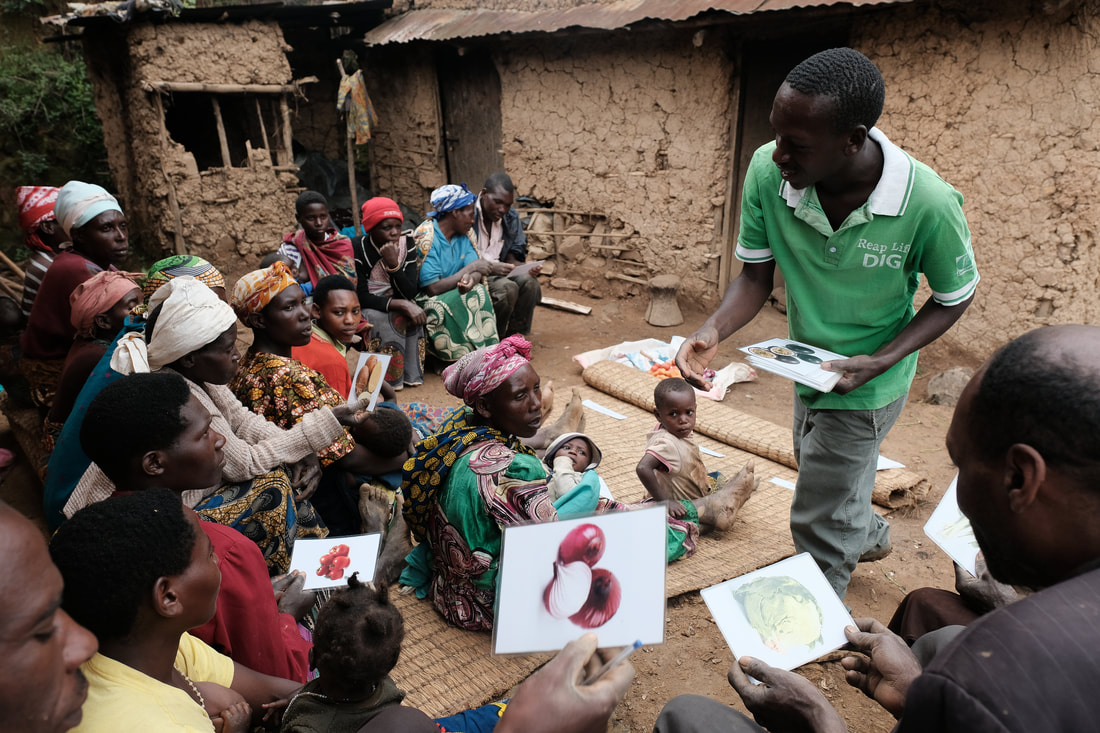
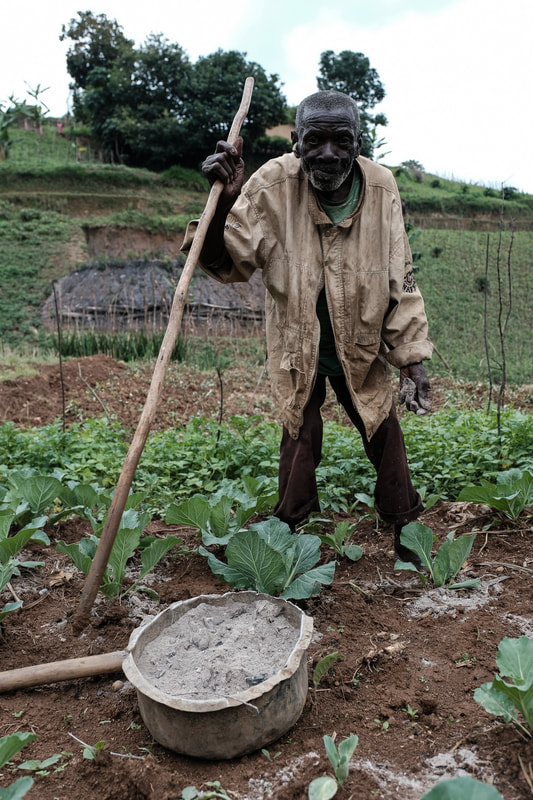
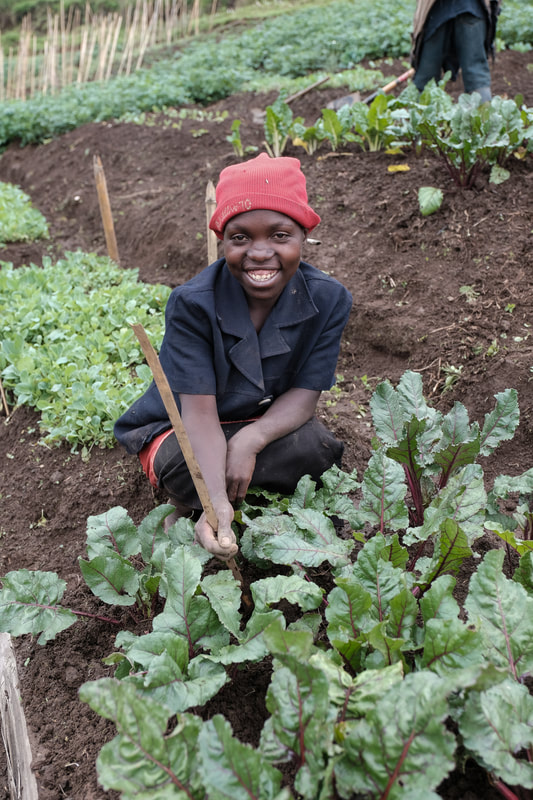
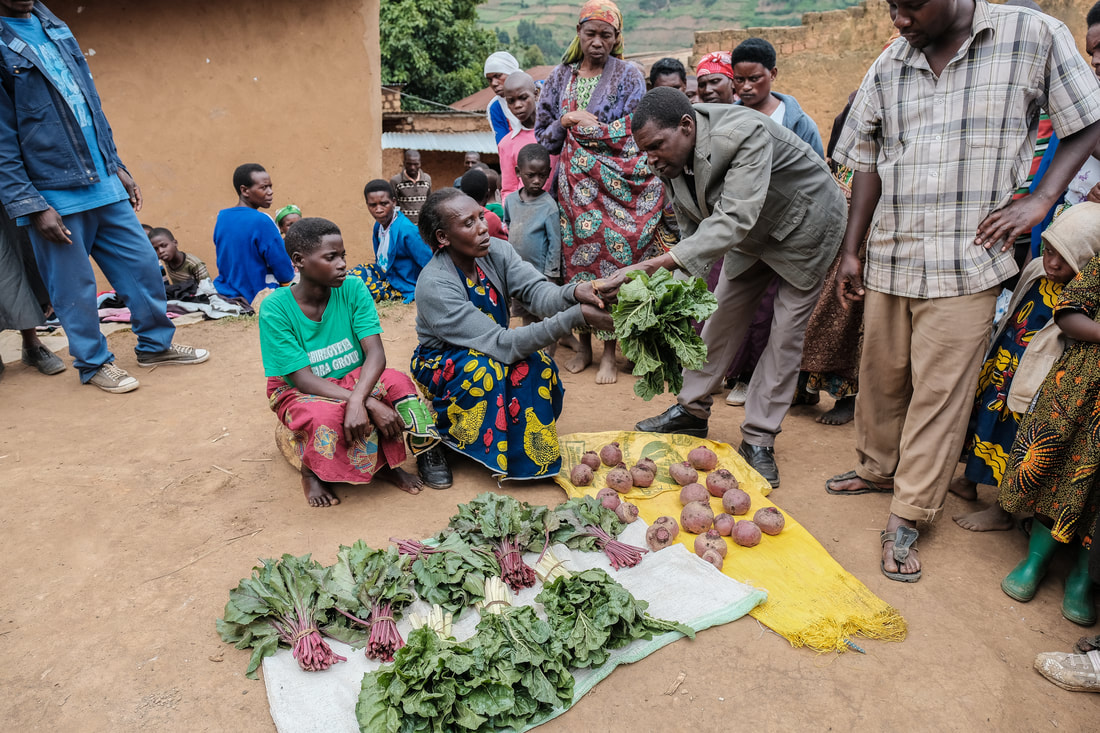
 RSS Feed
RSS Feed


